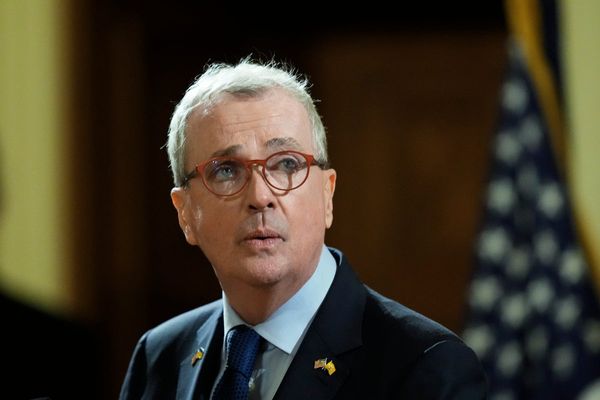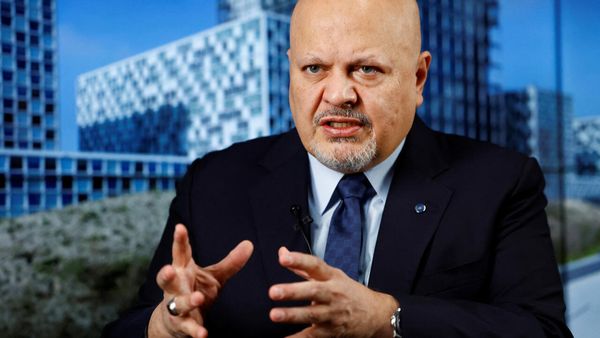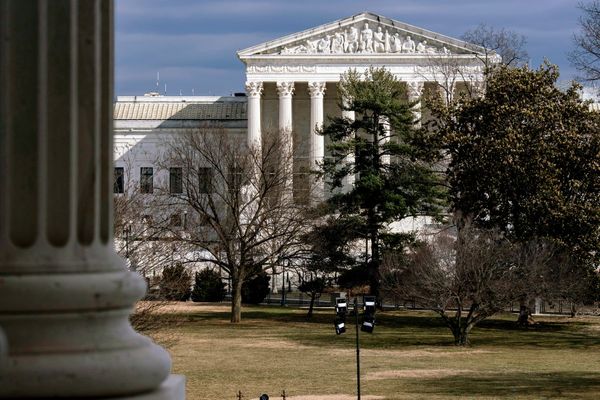FORT LAUDERDALE, Fla. — Florida’s new 15-week ban on abortions will likely mean more patients traveling out of state for the procedure — prompting a string of organizations to raise funds for trips hundreds of miles away, anywhere from North Carolina to New York.
Florida’s new abortion law took effect Friday, a day after a judge said he planned to sign an order as early as Tuesday that temporarily blocks it. The new law has led groups to start looking at other states to send patients who are more than 15 weeks pregnant and seeking an abortion.
“We’re working under the assumption that we’re going to be flying people north,” said Fran Sachs, president of the board at Emergency Medical Assistance, an abortion-funding nonprofit in West Palm Beach. “As always, the people that are going to be impacted the most are the people that don’t have the resources to be able to make this happen.”
The travel costs for each patient can mount into hundreds, if not thousands, of dollars, planners say. For example, it can be at least four days of lodging, food and time off work for a patient to head from Florida to North Carolina.
North Carolina is the closest state with the most lenient abortion restrictions, allowing abortions up until “viability” — the point a fetus would survive outside the uterus. Still, the state requires patients to receive an ultrasound as well as in-person counseling three days prior to an abortion.
Before Florida’s new 15-week ban took effect, abortions were allowed up until the 24th week of pregnancy, contributing to Florida’s reputation as a safe haven for abortion access in the South.
Now, Emergency Medical Assistance is preparing to send patients as far north as New York and New Jersey, Sachs said.
New York offers abortions up to 24 weeks of pregnancy, or later if the patient’s life is at risk or if the fetus is not viable. New Jersey offers abortions throughout all stages of pregnancy, including late-term abortions, though many clinics only perform surgical abortions up until 24 weeks.
But at what Sachs estimates could be $1,000 per person for travel costs, her organization won’t be able to help everyone who may need it. “If it’s a few people a week, that’s $3,000 a week. You’re talking about over $150,000 just for travel,” Sachs said. “It’s almost unfathomable.”
The Broward Women’s Emergency Fund also provides financial assistance to people in Broward seeking abortions. Joanne Sterner, treasurer and founding member, said many people seeking abortions might not know they are pregnant within 15 weeks, which could be due to an irregular menstrual cycle or a lack of access to timely clinical testing.
“We’re hoping that women will come into clinics earlier because the longer they wait, the more the procedure will cost,” Sterner said.
The Broward Women’s Emergency Fund works with abortion clinics to fund patient travel costs. Sterner said the nonprofit raised and spent $62,000 last year.
“Our budget has increased by almost 40% this year alone,” Sterner said. “Whether it’s for room and board, food, travel, hotels or some type of transportation, that’s where our money will be going, in addition to those who still need help under 15 weeks.”
Florida’s new law is one of several that have dramatically altered the nationwide landscape for access to the medical procedure. Abortions are still allowed in Florida as long as they take place within 15 weeks of gestation, which legislation defines as “the development of a human embryo or fetus as calculated from the first day of the pregnant woman’s last menstrual period.” The law has exceptions for life endangerment, but not for rape, incest or human trafficking.
About 9 in 10 abortions in the country are conducted within the first 15 weeks of pregnancy, according to the Pew Research Center. But in Florida, the Agency for Health Care Administration reported that 7,525 patients received second-trimester abortions in the last 18 months.
Biden said the federal government will act to protect women who need to cross state lines to get an abortion while anti-abortion groups are working to stop people in states where abortion is banned from seeking the procedure elsewhere.
———







